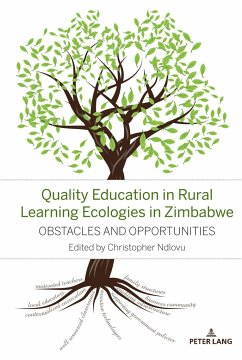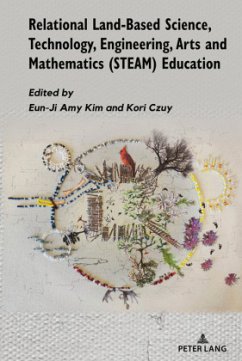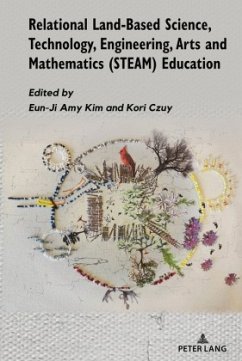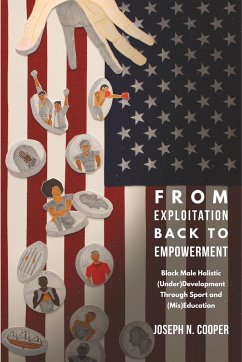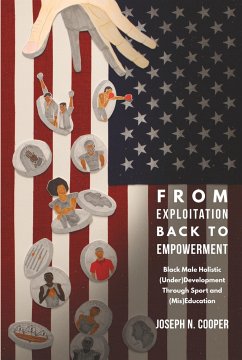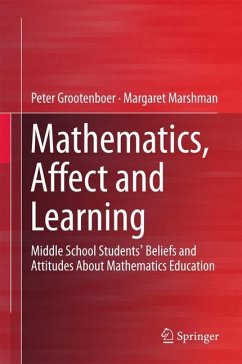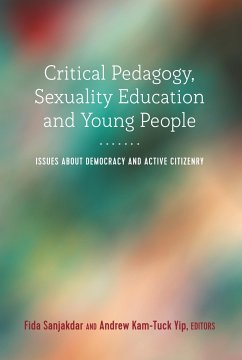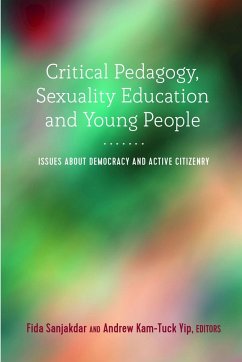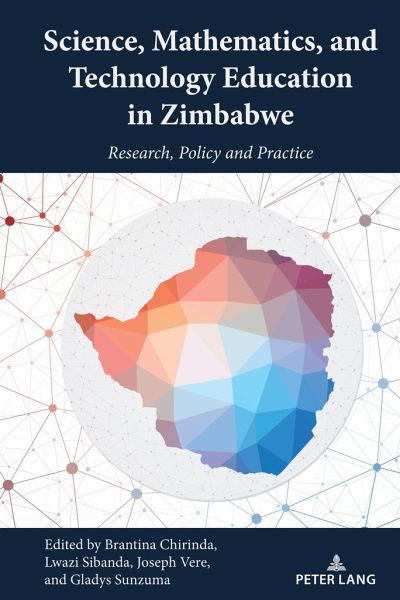
Science, Mathematics, and Technology Education in Zimbabwe
Research, Policy and Practice
Herausgegeben: Shizha, Edward; Chirinda, Brantina; Sibanda, Lwazi; Vere, Joseph; Sunzuma, Gladys
Versandkostenfrei!
Versandfertig in 6-10 Tagen
84,95 €
inkl. MwSt.
Weitere Ausgaben:

PAYBACK Punkte
0 °P sammeln!
Historical and current educational perspectives are epistemologically challenging to weave together. The contributors brought together in this book have risen to that challenge and, in the process, have produced a detailed and thorough account of the issues and processes at play.Science, Mathematics, and Technology (SMT) education is recognised globally as a means of developing critically needed human capital. In Zimbabwe, SMT subjects constitute a significant component of the curriculum which, since political independence in 1980, has emphasised application-oriented, experientially-based teac...
Historical and current educational perspectives are epistemologically challenging to weave together. The contributors brought together in this book have risen to that challenge and, in the process, have produced a detailed and thorough account of the issues and processes at play.
Science, Mathematics, and Technology (SMT) education is recognised globally as a means of developing critically needed human capital. In Zimbabwe, SMT subjects constitute a significant component of the curriculum which, since political independence in 1980, has emphasised application-oriented, experientially-based teaching and learning. Efforts to mainstream this approach have resulted in several significant reforms to the country's education system. Relatedly, there are ongoing attempts to boost uptake in SMT subjects and, through them, to develop such professional skills as problem-solving, lifelong learning, teamwork, critical thinking, and the capacity to contribute and adapt to our rapidly changing world.
There is a self-evident need to document progress made in these efforts and, in the process, to carefully examine issues at play, challenges met, and solutions developed. This book, developed through a partnership involving Zimbabwean editors and authors, was developed to fulfil this need. It is long overdue.
Science, Mathematics, and Technology (SMT) education is recognised globally as a means of developing critically needed human capital. In Zimbabwe, SMT subjects constitute a significant component of the curriculum which, since political independence in 1980, has emphasised application-oriented, experientially-based teaching and learning. Efforts to mainstream this approach have resulted in several significant reforms to the country's education system. Relatedly, there are ongoing attempts to boost uptake in SMT subjects and, through them, to develop such professional skills as problem-solving, lifelong learning, teamwork, critical thinking, and the capacity to contribute and adapt to our rapidly changing world.
There is a self-evident need to document progress made in these efforts and, in the process, to carefully examine issues at play, challenges met, and solutions developed. This book, developed through a partnership involving Zimbabwean editors and authors, was developed to fulfil this need. It is long overdue.





